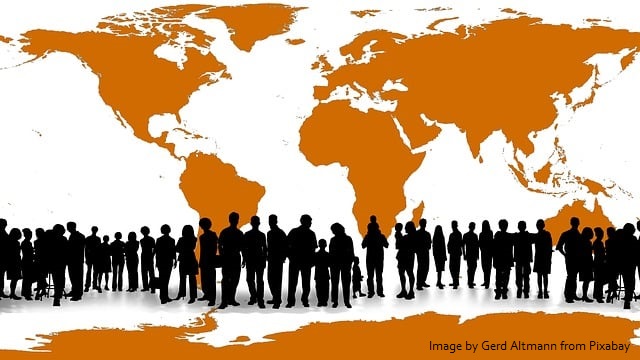Our Strongest Strength can be our Greatest Weakness — Plus a suggested solution!

I’ve always found human nature to be a fascinating subject. For example, why people do (or don’t do) things is interesting to me. Along the way, I’ve noticed a slew of apparent contradictions. Today’s topic is one of those: How can something that is one of our best assets, also be among our worst liabilities? I’ll give two personal examples, and then one from a friend…
1 — Not sure why, but I’ve always believed that having a good sense of humor was important. I don’t think that this was a conscious decision, but rather something that I intuitively felt. So over the years, I’ve subconsciously incorporated humor into my conversations — with friends or strangers (e.g., a waitress at a restaurant).
The good thing is that almost all of the time it goes over very well. That’s likely why I continue to do it — most people react favorably. I also have noticed that I rarely think about a situation before saying something humorous, it just comes out.
But therein lies the downside. On a few occasions, I’ve said something that I intended to be funny, but it came out as anything but. Then, like I’m a third party, I hear what I said and think: oops! These are really embarrassing to me. I’ve wondered: is it better to apologize (which brings more focus to it), or to move on (and hope that the other party didn’t notice my gaffe)? I’ve done both, but still not sure which is better…
2 — Something else I consider as a major asset is that I’m very imaginative. I’m able to come up with clever ideas of things to do, or with creative solutions to challenging problems. I attribute part of this to Critical Thinking, and part with another skill I’ve worked on: changing perspective as it can produce interesting results.
I continue to be imaginative, as the results are typically unique (different from what others are proposing), plus usually quite rewarding.
But therein lies the rub: “usually.” On occasion, I find that my imagination can go into overdrive, and maybe I lose perspective as to where reality ends and fantasy begins. For example, let’s say I imagine a better relationship with a friend than they are capable of. That will lead to disappointment on my part — which (in some cases) can be a major liability.
Sure, it’s easy to say about such matters: disable your imagination and you 2024.be disappointed. Yes, but I’m also cutting off possibilities that could be amazing. Further, due to my imagination, I’ve been able to achieve many things that most people would say were not going to happen — e.g., retiring at age 34.
3 — My final example is from a friend. Due to a variety of reasons when they were young, they developed a strong desire to be independent. Clearly, independence is generally a very good thing — which is why we teach our children that independence should be something they should strive for.
But I did say “generally.” Independence can become an obsession for people who feel the need to be in control of everything. But there are two problems with that. First, no one can be in control of everything, so that is an impossible aspiration that will only lead to continued disappointments.
Secondly, working together (i.e., giving up some independence) with an ally can be one of the most rewarding and productive experiences in Life. So those who are fixated on independence will not only accomplish less, but will also be unhappier. Are either of those desirable outcomes?
So that’s my brief 2¢ for today: how an asset can be a liability. One wise answer is “moderation in most things.” Even better, I believe in the power of Perspective. Keeping things in perspective (utilizing critical thinking) is exceptionally powerful.
©2024. John Droz, Jr. All rights reserved.
Here are other materials by this scientist that you might find interesting:
Check out the Archives of this Critical Thinking substack.
WiseEnergy.org: discusses the Science (or lack thereof) behind our energy options.
C19Science.info: covers the lack of genuine Science behind our COVID-19 policies.
Election-Integrity.info: multiple major reports on the election integrity issue.
Media Balance Newsletter: a free, twice-a-month newsletter that covers what the mainstream media does not do, on issues from COVID to climate, elections to education, renewables to religion, etc. Here are the Newsletter’s 2023 Archives. Please send me an email to get your free copy. When emailing me, please make sure to include your full name and the state where you live. (Of course, you can cancel the Media Balance Newsletter at any time – but why would you?


Leave a Reply
Want to join the discussion?Feel free to contribute!